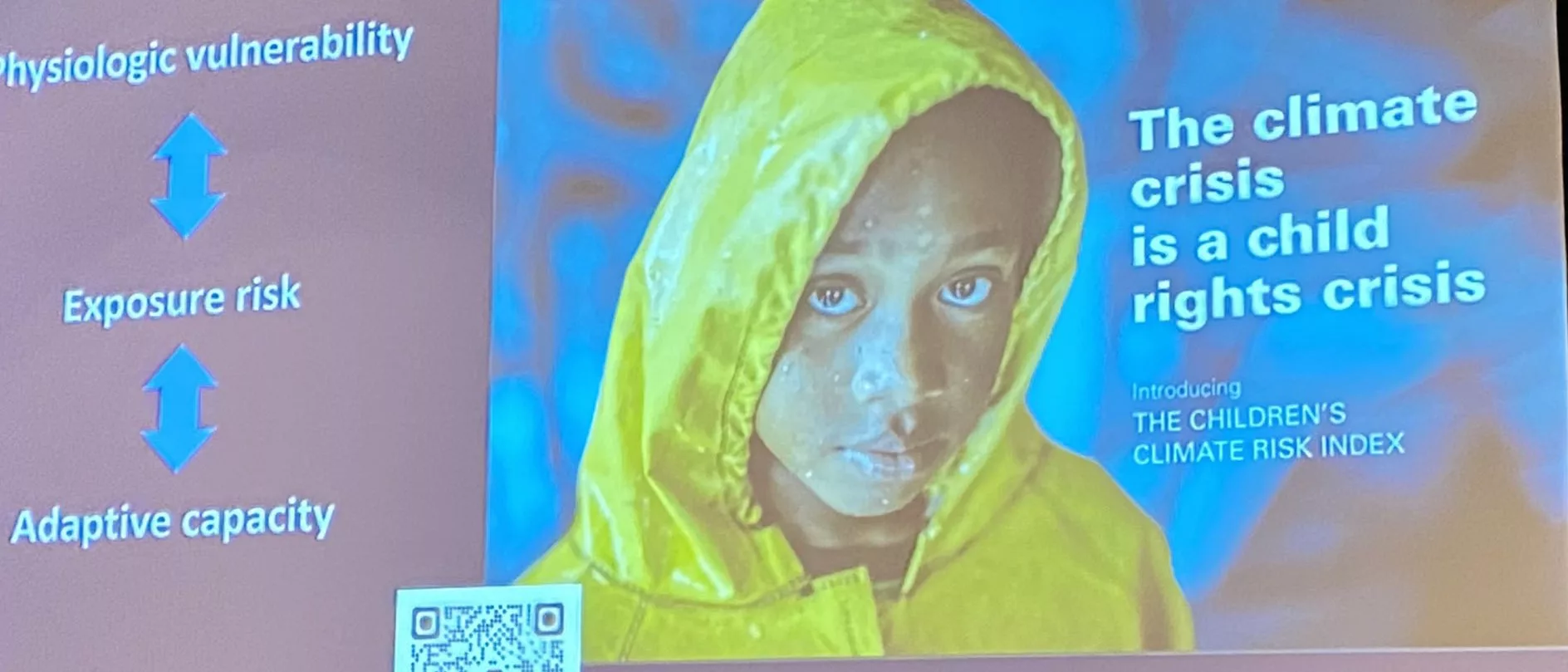|
Getting your Trinity Audio player ready...
|
As Zimbabwe faces the effects of climate-induced El Niño, UNICEF is taking proactive steps to highlight the profound impact of climate change on children. Under our climate campaign “Invest in Climate, Invest in Children!” we are launching a petition to urge government entities, development partners, and the private sector to prioritise children in their climate investments.
The increasing frequency and severity of climate-related hazards pose significant risks to children worldwide. UNICEF’s groundbreaking Children’s Climate Risk Index (CCRI) in 2021 revealed that approximately 1 billion children live in high-risk countries.
Zimbabwe experiences the effects of climate change through cyclical droughts, floods, and extreme weather events, including those caused by phenomena like El Niño and La Niña. Climate change-induced events are becoming more frequent and intense, leading to severe impacts on children and their communities.
UNICEF is calling for an urgent increase in child-centred climate investments to reduce the risk of shocks caused by climate change on children. We also call for more funding of climate resilient programmes to ensure continued access to health, education, water and sanitation services, nutrition and child protection services, and for programmes to strengthen the resilience of households to deal with climate-related emergencies.
As part of its climate campaign, UNICEF is inviting all stakeholders in Zimbabwe to support the call for child-centred climate investments. People can sign the petition online through UNICEF Zimbabwe’s climate campaign site.
The current El Niño crisis affecting large parts of Zimbabwe reminds us how climate-related emergencies are impacting the lives of children. The challenges created by El Niño in Zimbabwe come at a time when the country is also faced with public health emergencies related to cholera and polio, putting Zimbabwe into a complex, multi-dimensional humanitarian crisis.
The Government of Zimbabwe, UNICEF, and partners are scaling up programmes to develop climate-resilient programmes:
- Water, sanitation and hygiene programmes prevent and combat diarrheal disease, including cholera.
- Nutrition programs train caregivers to provide nutritious meals for children under five, screen for malnutrition, and support school feeding interventions.
- Cash transfer programmes provide support to families dealing with reduced income and scarcity of water and food and strengthen household’s ability to ensure continued education and nutritious food for their children.
- Health programmes include solarisation of health facilities and protection from climate-related damage while ensuring health services are responsive to the specific health needs impacted by climate change.
- Education programmes mainstream climate change through the school curricula, solarise schools, and enable disaster risk reduction planning to protect schools and learners from climate-induced emergencies.
- Protection interventions respond to climate change-exacerbated poverty which increases the risk of violence against children and abuse and exploitation of children.
UNICEF’s climate-resilient initiatives are anchored in empowering children as catalysts for change and environmental guardians, placing them at the forefront of crafting solutions.
With the escalating impact of climate change on children’s well-being, there’s a pressing demand for increased investment in child-centred climate strategies. This is essential to amplify climate-resilient programmes, enhance household and caregiver resilience to climate shocks, and mitigate the long-term effects of climate change on future generations.






